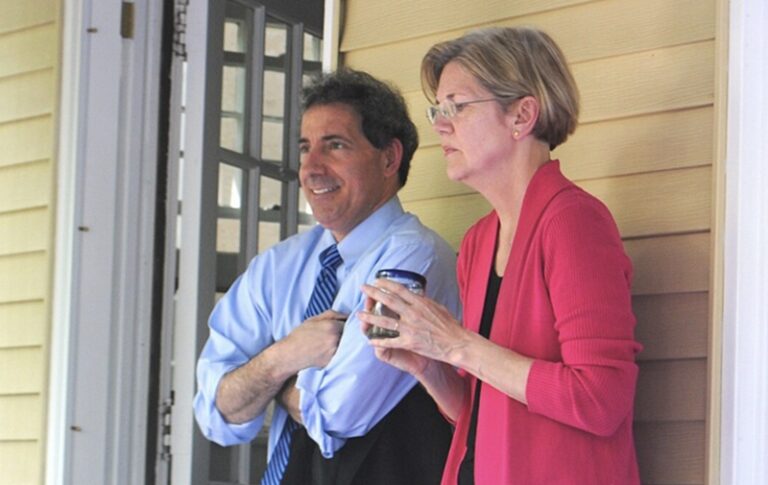(Crankers) Staff at Federal Prison Camp Bryan in Texas were fired for improperly accessing and leaking emails Ghislaine Maxwell sent to her attorney, which were later shared with the U.S. House Judiciary Committee and made public and Democrat Rep. Jamie Raskin is at the center of it.
Maxwell, serving a 20-year sentence for sex-trafficking crimes linked to Jeffrey Epstein, had her lawyer, Leah Saffian, confirm the firings were due to “improper, unauthorized access” to the prison’s email system. Some leaked messages showed Maxwell praising the facility’s “concierge-style” treatment, noting better food and polite staff compared to her previous prison.
A whistleblower letter to Congress alleged she was preparing a commutation request and receiving special perks like private visits, warden aid, and custom meals. Her lawyer denied any commutation bid, stating she’s working on a habeas corpus petition instead, and condemned both the leak and Rep. Jamie Raskin for publicizing it.
The Bureau of Prisons now faces scrutiny over the email breach and whether Maxwell’s treatment was atypical for inmates, especially sex offenders, with the White House and DOJ staying silent on clemency or preferential treatment claims. This case raises questions about inmate privacy, prison transparency, and security for high-profile prisoners.
Jamie Raskin, the top Democrat on the House Judiciary Committee, has been a leading voice raising concerns about Maxwell’s treatment in prison. He said a whistleblower gave his committee emails and documents suggesting Maxwell was getting special privileges at Federal Prison Camp Bryan in Texas, including customized meals, staff prioritization, and extra access to resources.
On November 10, 2025, Raskin sent a letter to then-President Donald Trump seeking answers about Maxwell’s transfer, any commutation requests she might have made, and whether senior DOJ or Bureau of Prisons officials helped her secure favorable conditions.
Soon after his revelations, several prison staffers were fired for allegedly accessing Maxwell’s emails with her attorney without authorization—messages that ended up with Congress and the media.
Maxwell’s lawyer accused Raskin’s office of driving the release of privileged communications, calling it a serious violation of rights. Raskin countered that the whistleblower provided the material and argued the claims of special treatment raised important questions about fairness, accountability, and the justice system.
His role has shifted the matter from a prison management issue to a congressional oversight case, putting institutions like the DOJ, Bureau of Prisons, and the White House under the spotlight.
The leak also raises issues around attorney-client privilege, whistleblower protections, and holding prison staff accountable for unauthorized access.


